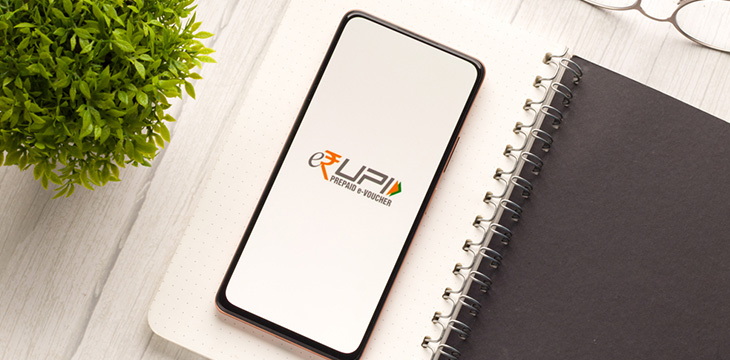|
Getting your Trinity Audio player ready...
|
The National Payments Corporation of India (NPCI), which operates retail payments and settlement systems in the country, has rolled out the ‘UPI One World’ wallet for inbound travelers visiting India. The initiative is designed to provide international visitors from some parts of the globe with a seamless, real-time digital payment experience, making exploring India’s cultural attractions and vibrant landscapes easier.
The initiative by the NPCI is aimed at showcasing India’s success in the global digital payments landscape and provide an opportunity for the international community to engage with and benefit from the Digital Public Infrastructure (DPI), UPI said in a statement. The initiative is also expected to eliminate the need to carry cash and avoid the complexities of foreign exchange transactions.
Launched in 2016, the Unified Payments Interface (UPI) has become popular as a single mobile application for accessing different bank accounts. It has expanded to United Arab Emirates, Peru, Mauritius, Sri Lanka, Singapore, France, Bhutan and Nepal. In June 2024, UPI processed close to 14 billion transactions valued at Rs 20.07 trillion ($240 billion).
The UPI One World wallet can be availed through authorized prepaid payment instruments (PPIs) issuers at airports, hotels, designated money exchange locations and other touchpoints, following a full KYC (know-your-customer) process based on a passport and valid visa. PPIs are cards or digital wallets typically preloaded with funds to enable a user to make payments.
Once issued, the wallet can be loaded in cash or through other payment modes.
International travelers can use the UPI One World app to pay at merchant locations by scanning the QR codes. Any unused balance can be transferred back to the original payment source in accordance with foreign exchange regulations. This enablement has been made possible by the joint efforts of NPCI, IDFC First Bank and Transcorp International Limited under the guidance of the Reserve Bank of India (RBI), the statement said.
UPI One World wallet was first introduced during the G20 Summit hosted by India in 2023. In December 2022, India held its G20 presidency, with digital asset regulation as one of its agendas. The G20 is an intergovernmental forum of the world’s major developed and developing economies, collectively accounting for 85% of global gross domestic product (GDP) and 75% of international trade.
The world’s fastest-growing major economy has witnessed a record surge in digital payments as it aims to become a digital powerhouse while leveraging emerging technologies as a catalyst for economic growth. UPI has been a key growth driver, demonstrating a compound annual growth rate (CAGR) of 138% in its volumes from fiscal year 2018-2024.
UPI is reportedly adding as many as 6 million users per month and has set an ambitious target of one billion daily transactions in the coming years.
“Today in India, UPI is used at all levels from street vendors to large shopping malls, with the highest percentage of digital transactions globally, accounting for nearly 46 per cent share,” said Amitabh Kant, G20 Sherpa of India.
In the G20, the Sherpas are the leaders of each country who take the discussions and agreements to the final summit with heads of state and government.
“All these proved to be building blocks for India to steer through the COVID-19 pandemic, be it transfer of $4.5 billion into the bank accounts of 160 million beneficiaries, or facilitate distribution of 2.5 million vaccinations in two years with digital vaccine certificates on mobiles. We are far advanced in terms of digitisation and I am confident this report will be the guiding North Star for the world to follow,” Kant added.
Watch: India is going to be the frontrunner in digitalization

 02-19-2026
02-19-2026 




